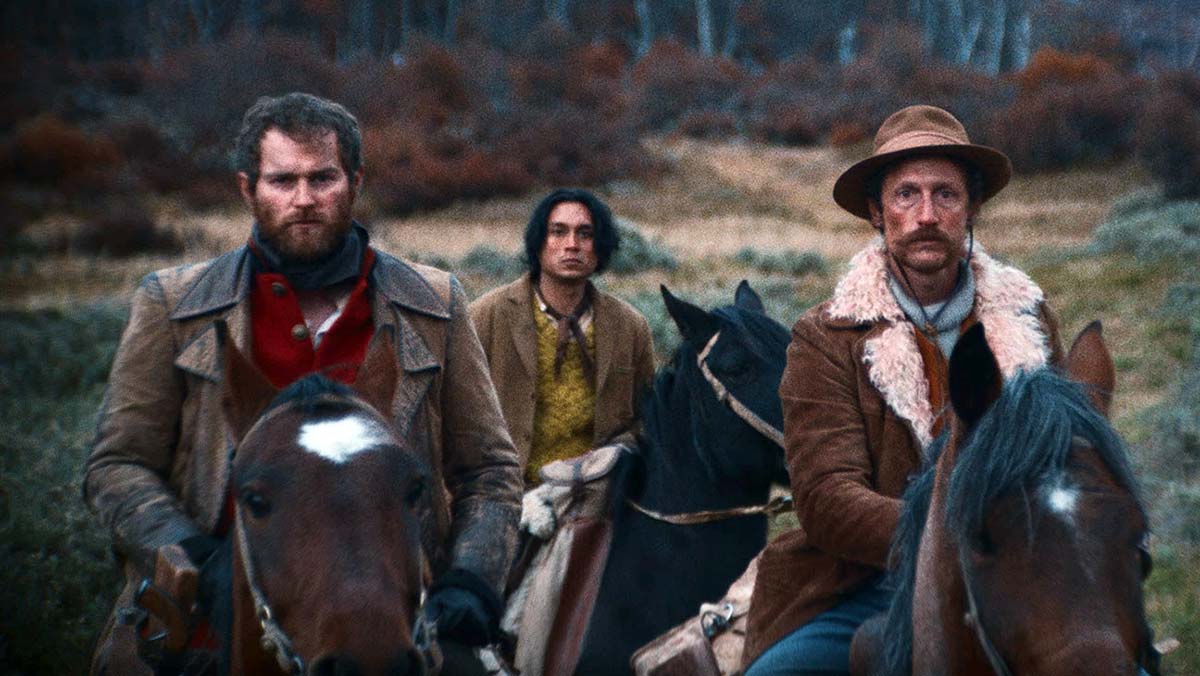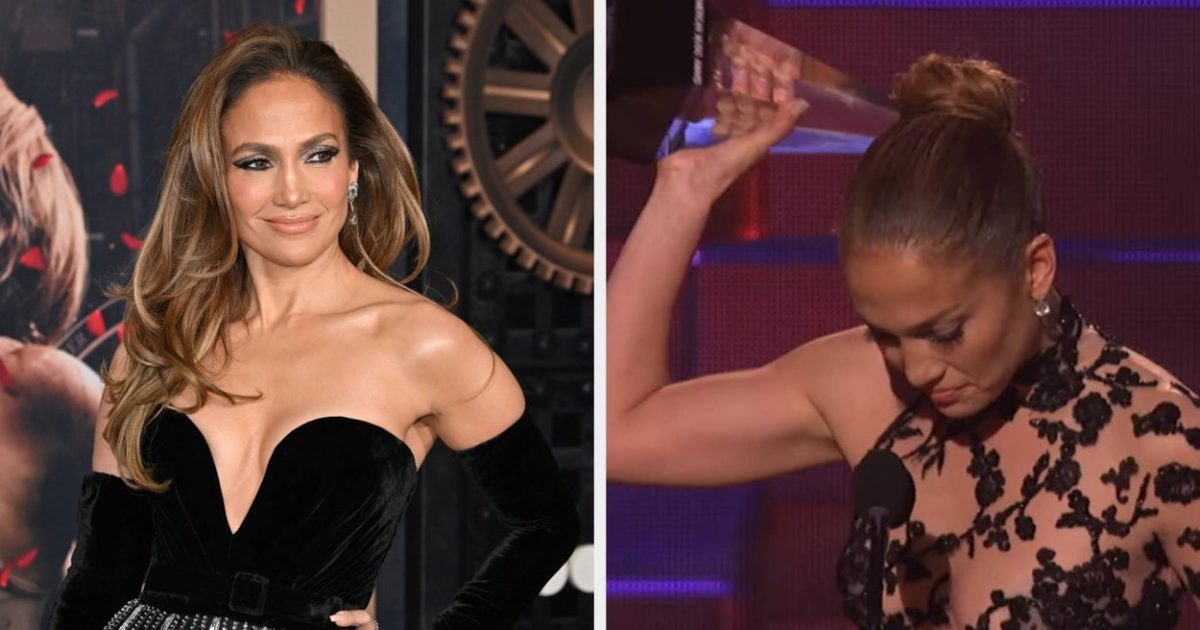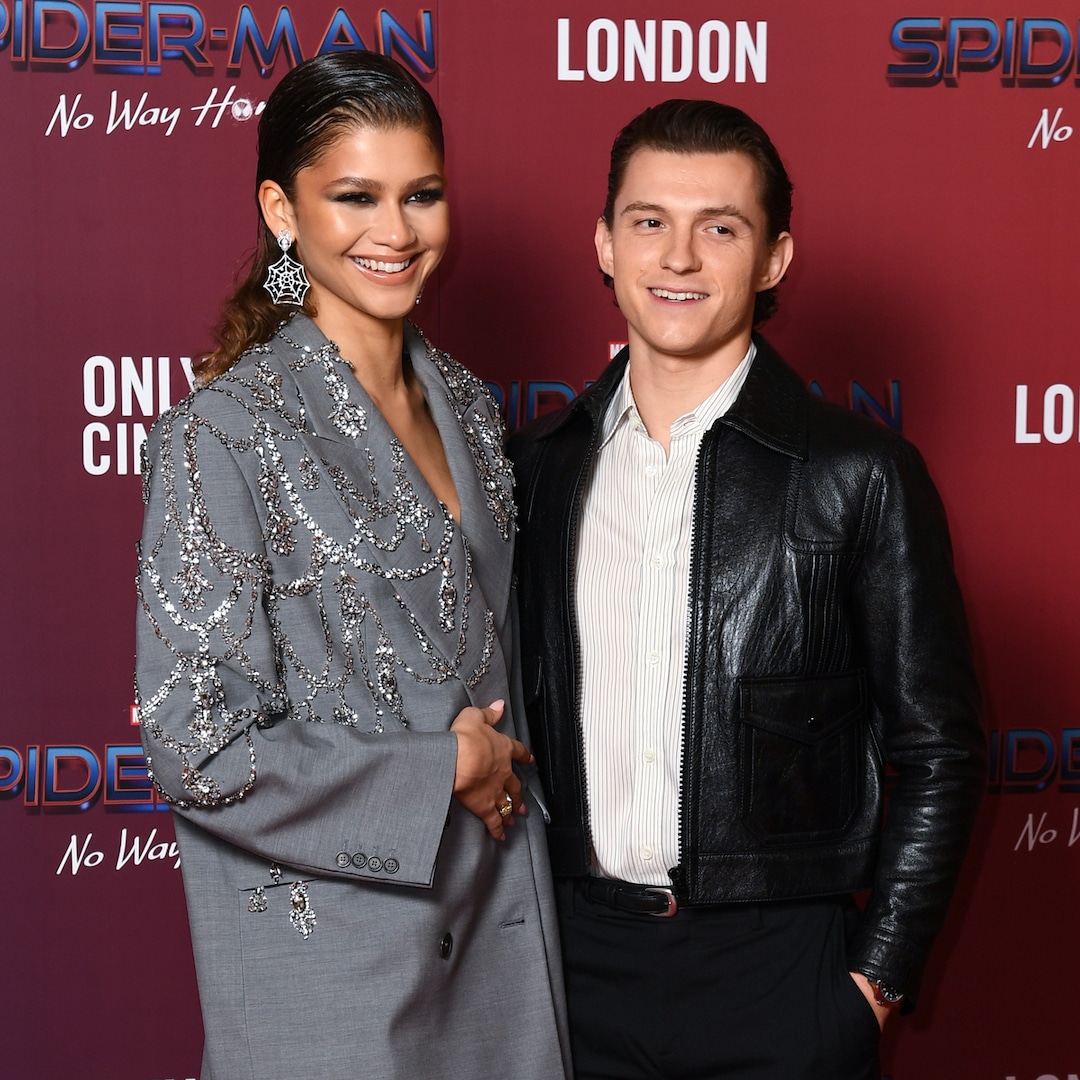
‘The Settlers’ Is A Scorching Western That Examines Chile’s Blood-Soaked National Myth [Cannes Review]
May 24, 2023
An English lieutenant, an American cowboy, and a mixed-race Chilean sheepherder venture into the inhospitable limits of the Tierra de Fuego region at the southernmost tip of the South American continent—the ends of the Earth, some might call it. Under the orders of their employer, landowner José Menéndez (the always masterful Alfredo Castro), the trio’s mission is to savagely murder as many Indigenous people as they encounter in their path.
READ MORE: 2023 Cannes Film Festival: 21 Must-See Movies To Watch
Set in 1901, “The Settlers” (Los Colonos), a scorching Western on Chile’s blood-soaked national myth, takes aspects from the official text-book history and probes at their conveniently sanitized interpretations of how they shaped the country’s future. Tonally, the imposingly assured debut feature from writer-director Felipe Gálvez falls somewhere in between Jennifer Kent’s “The Nightingale” and Lucrecia Martel’s “Zama” by way of John Ford’s “The Searchers.” Its unflinching depiction of the brutal genocide of the Selk’nam people intermingles with pointed contempt for the egotistical yet pathetic colonists.
Windblown landscapes, gorgeous in their untouched harshness, serve as the stage for the British army man leading the vile expedition, Alexander MacLenan (Mark Stanley), to assert his dubious dominance. Stanley expresses MacLenan’s burning desire to earn respect as postured bravado in a red uniform tarnished by the elements. Traveling on horseback, the three outsiders march to Harry Allouche’s alluring score, which sounds like a cautious invitation to the unknown, as if daring them to keep forward at their own peril.
On this trip, because Don Menéndez demanded it, Segundo (Camilo Arancibia), a mestizo from Chiloé, is coerced into becoming an accomplice to unspeakable acts. As much as he tries to limit his involvement, he has no leverage to refuse if he wants to stay alive. Amid this powerlessness, Arancibia imbues Segundo with a silent defiance illustrated at times in the most harrowing acts of kindness: taking a life to prevent further suffering. From how the white characters engage with their identity, it’s evident that the concept of being Chilean only applies to mixed-race people like Segundo, whose allegiance, in the name of an amorphous progress via a far-off government, is expected to side with the oppressor.
Proof that the white colonizers’ entitlement to the land operated with similar viciousness and impunity across the Americas, Bill (a cartoonishly arrogant Benjamin Westfall), the cowboy, brags of his days hunting down Native American peoples such as the Comanche and the Apache in the stolen territory now known as the United States. “You are white, and he is not,” Bill tells the lieutenant about Segundo to remind him of his privileged position in the power dynamics of this operation and to stir up an air of distrust.
Gálvez, co-writing with Antonia Girardi, deftly molds MacLenan and Bill into subtle caricatures of the valiantly righteous conquerors they believe themselves to be. In denying them the glory they were after and portraying them as vacuous butchers, the editor-turned-director makes a statement about the biases of historical accounts sanctioned by those in power. Gálvez and cinematographer Simone D’Arcangelo (“The Tale of King Crab”) also refrain from featuring overly graphic images of the hard-to-stomach depravity at hand. Still, there’s no uncertainty about the carnage perpetrated and how bodies were desecrated even after death. The severity of the natural environments lends a beguiling atmosphere throughout that Gálvez repeatedly harnesses for suspense, like in a shootout inside thick fog.
Since “The Settlers” centers precisely on the warped mindset of the titular occupiers, Gálvez includes encounters between the white protagonists and others who share their ideologies. First, MacLenan and his men come into contact with a pack of Argentine soldiers and a scientist exploiting Indigenous people for personal gain. Devolving into animalistic beings while claiming superiority, the two bands partake in competitions of physical prowess. Later, the arrival of a malevolent British superior reveals MacLenan’s lower status in the imperialist hierarchy. He becomes a victim of the same atrociousness he’s committed.
In this late chapter of the cursed voyage, we meet Kiepja (Mishell Guaña), a captive Selk’nam woman. That she speaks English to Seguro tacitly reveals one of the many ways in which the invaders, over generations, tried to violently erode Indigenous culture. He can’t speak her Indigenous language, and she can’t speak Spanish, leaving them without a way to verbally communicate, each burdened by a European tongue not their own. Gálvez, it’s clear, carefully considered the many ramifications of the subject matter he tackles here.
Despite the numerous despicable crimes that occur along the journey, what’s most cataclysmic about “The Settlers” is the blunt incisiveness of its final moments. Years after the massacres, as the central government aims to make hypocritical amends with the Indigenous population, Vicuña (Marcelo Alonso), an envoy of the country’s president, arrives to document what unfolded. His investigation ultimately leads him to Kiepja, whose gaze, piercing like a dagger, ruptures the white façade of politeness across time and space.
Gálvez knows that these men, heroes in the eyes of some, got away with something even more perverse than the loss of life by the smoke of their guns: the invention of mestizaje, the myth that two cultures came together to form a unique society as a way to encourage a unified national identity. The unwillingness to grapple with the shockingly unflattering shades of these origin stories isn’t unique to Chile. In this country today, many fight to suppress narratives that evolve conversations on race and gender. With the grittily stylized “The Settlers,” an artist obliterates all sugarcoating to exhibit a burdensome truth. [A]
Follow along with all our coverage from the 2023 Cannes Film Festival.
Publisher: Source link
Jennifer Lopez Finally Understands Mi Gente Latino Meme
Jennifer Lopez Finally Understands Mi Gente Latino Meme Kicking off 2025, J.Lo is now promoting Unstoppable, a new biography drama in which she stars alongside Moonlight actor Jharrel Jerome. At the 2011 American Music Awards, Jennifer won Favorite Latin Artist…
Jan 11, 2025
Tom Holland's Dad Shares Insight Into Zendaya Engagement
Tom Holland became the greatest showman for his proposal to Zendaya. Just days after the Spider-Man actress turned heads at the 2025 Golden Globes with a 5-carat ring on that finger, Tom's dad... Disclaimer: This story is auto-aggregated by a…
Jan 11, 2025
Aubrey Plaza Issues Statement After Jeff Baena’s Death
The 40-year-old star and Jeff’s family issued a statement to People on Monday, where they called their loss an “unimaginable tragedy.”The Los Angeles County coroner’s office previously determined that Jeff died by suicide in his LA home. He was 47…
Jan 10, 2025
Jill Duggar’s Husband Clarifies Where He Stands With Jim Bob Duggar
Jessa Duggar (m. Ben Seewald)Jim Bob and Michelle's fifth child, Jessa Duggar, was born Nov. 4, 1992. Jessa met Ben through church and he began courting her in 2013—the old-fashioned approach to romance coming as a brand-new notion to a lot…
Jan 10, 2025











